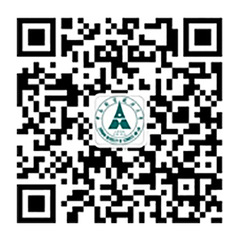讲座主题:
LTI-Related Standards, CPD and Best Practices in Europe
法律翻译和口译相关标准,后续职业发展和欧洲最佳实践
讲座时间: 2018年6月21日(周四) 10:00—11:40
地点: 文波楼语音三楼同传教室
主讲人:Liese Katschink
主持人:朱勇副教授
专家简介:
Liese Katschinka, has been working as a free-lance conference interpreter (AIIC; German, English, French) for international organisations (UN, OSCE, Council of Europe, EU, CCBE, European and international professional organisations, multinational companies and banks) and certified court interpreter (German, English), as well as a sci-tech and legal translator throughout her professional life. Liese Katschinka has been actively involved in a number of national and international professional associations (e.g. Secretary General of the Austrian Translators’ and Interpreters’ Association UNIVERSITAS from 1982 to 1991; Vice-President of the International Federation of Translators (FIT) from 1984 to 1987, FIT Secretary General from 1993 – 1999; Vice-President of the Austrian Court Interpreters' Association, Chairperson of the FIT Committee on Court Interpreting and Legal Translation, Member of the AIIC Court and Legal Interpreting Commission; President of EULITA (European Legal Interpreters and Translators Association) between 2009 and 2017. Liese Katschinka was actively involved in the elaboration of quality standards for translators and interpreters (ÖNORM D 1200 and EN 15038). Currently project leader for an ISO standard on legal interpreting (FDIS 20228).
讲座内容简介:
In the introduction the author will give an overview of some of the national and international standards applicable to legal translation and interpreting services in Europe, focusing primarily on the draft international standard on legal interpreting (FDIS 20228). Its main features and specifications will be discussed in more detail.
As CPD is an essential component of all LTI-related standards, an overview will be given of the different types of CPD offered by universities and professional associations which contribute towards complying with the “life-long learning” needs of LTI professionals.
The outline of best practices in the performance of LTI services for judicial stakeholders will also include a discussion of the most salient points contained in every code of ethics and describe some of the protocols established for various judicial settings.


